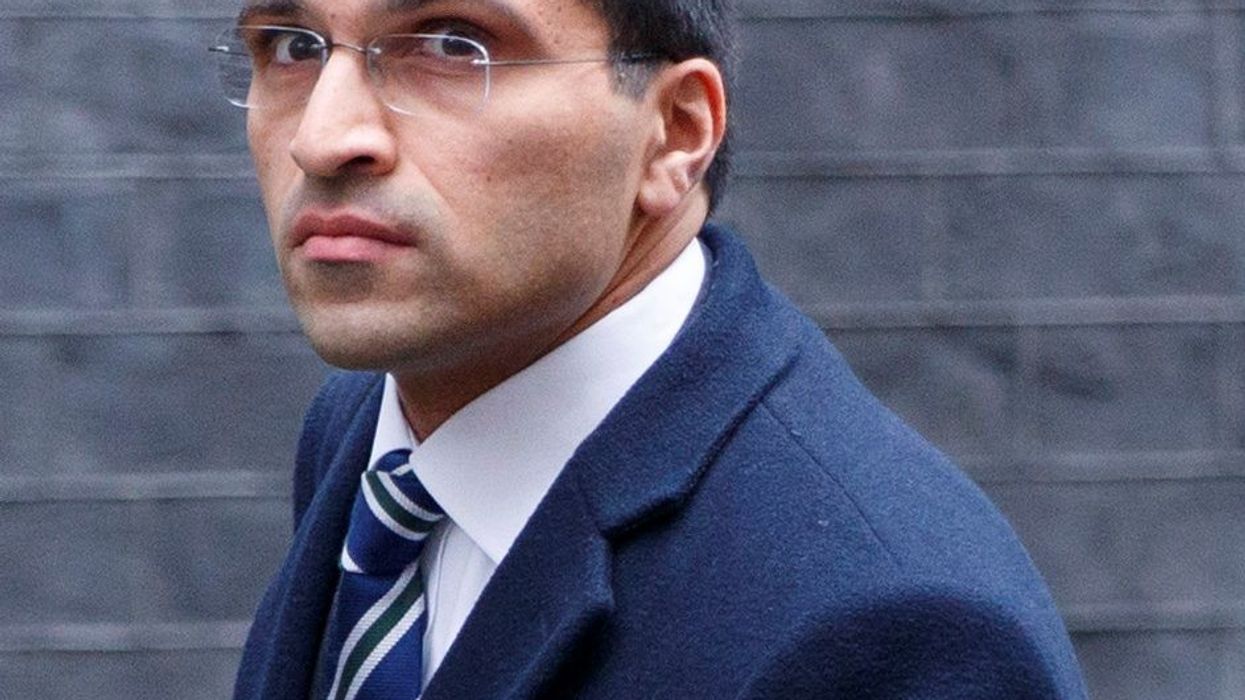COUNTRY's financial watchdog has launched a new five-year strategy aimed at transforming financial regulation in the UK, focusing on supporting economic growth and improving consumer experiences.
The Financial Conduct Authority (FCA) on Tuesday (25) outlined four key priorities: becoming a smarter regulator, supporting economic growth, helping consumers make financial decisions, and combating financial crime.
Chief executive Nikhil Rathi stressed the strategy's ambition. "We are committed to delivering at pace to meet the scale of change we are facing over the next five years," Rathi said. "Our priorities will reinforce one another as we become a smarter regulator, support growth, help consumers, and fight crime."
As part of the strategy, which involves significant operational changes, the FCA plans to streamline its supervisory approach, taking a less intensive method for firms demonstrating good intentions. This includes digitising authorisation processes to make applications easier and quicker.
Ashley Alder, chair of the FCA, highlighted a critical shift in approach. "We want to deepen trust in financial services and change our attitude to risk," he said. "Too often, the focus has been on the risks of a decision rather than the lost opportunity of taking none."
According to a statement, the regulator will invest in technology and people, aiming to handle the 100,000 cases its supervisors assess annually more efficiently. By adopting new digital capabilities, the FCA hopes to act faster and more decisively where potential harm exists.
A notable initiative is the expansion of Open Banking into Open Finance, which will enable more seamless data-sharing. This could potentially unlock product innovation, reduce costs, and provide consumers with better information and more choices, the FCA said.
The strategy builds on recent achievements, including significant changes to the listing regime, introduction of the Consumer Duty protection standard, and more rigorous firm authorisation processes.
Rathi added, "We are ambitious for the future and committed to enabling a fair and thriving financial services market for the good of consumers and the economy."





